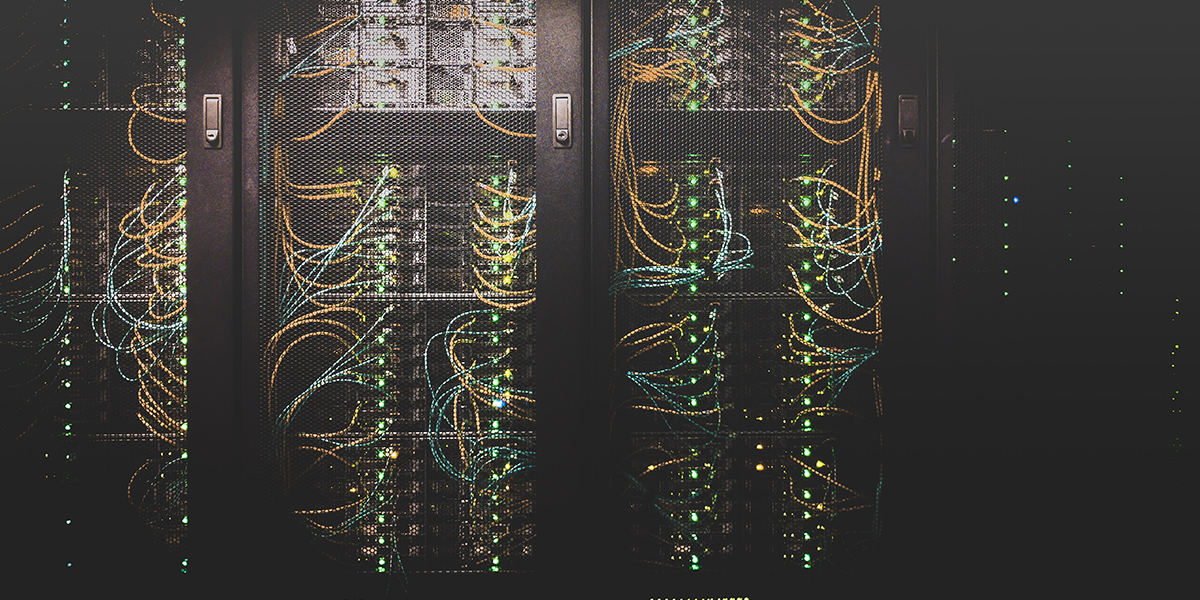What Is Responsible AI?
Recently, Spark integrated an AI Code of Ethics into Spark’s handbook and daily work.
This update is important for us, and all businesses leveraging Artificial Intelligence (AI) should undertake something similar (feel free to drop us a message, we would be happy to send you ours to use as a guide!).
At Spark, we believe that responsible AI is about designing intelligent systems and technologies without losing fundamental human values like empathy, compassion, authenticity, imagination and feeling. As AI gets more advanced, addresses our daily challenges, and supports us in various endeavours, we need to ask: How can we ensure that we are designing and creating responsible AI?
Best Practices
Ask tough questions!
Before considering any AI solutions, why are you using AI? Could you achieve the same outcome using a different technology or solution? If you can, it’s important to consider some of the risks associated with using AI models. Could this potentially cause harm to others? Before researching new AI solutions, try to identify potential risks and issues. It’s a safe bet against using AI the wrong way.
Establish a Committee.
The AI committee should comprise a small interdisciplinary group of technical and non-technical professionals with representation from different backgrounds. This team will commit to creating responsible AI within the company and be accountable for any occurrences. Within this team, the conversation should be continuous, always developing and asking those tough questions highlighted in Step 1!
Never Replace AI with Human Intuition!
The most crucial step in this list is to ensure that we work with AI and always drive human decision-making. One of the challenges we can face is our over-reliance on AI. If a system is 99% accurate, it’s easy to trust the results over time, leading to laziness and mistakes. We, as humans, must be proactive at all times in the decision-making process to verify the model used and the person monitoring the model.
Watch out for Bias.
Unconscious bias can play a massive role in AI and society. Therefore, if we collect data from a biased, unfair society, the AI will identify those simple patterns and ultimately end up with biased results. This can have detrimental consequences. Your company’s Ethics committee and decision-makers must use emotional intelligence to ensure no bias occurs within their models. The right questions must be asked, and conversations must always be open to uncovering potential issues.
Explainable AI.
Because AI will help make important decisions, everyone needs to be able to trust the system and its complex nature. Explaining and interpreting AI is crucial for all employees in your organisation to learn how your AI model came to a conclusion. Communication with customers, employees, and stakeholders is vital to showcase what data is being collected and how it is used and stored. This will help build trust across the board.



